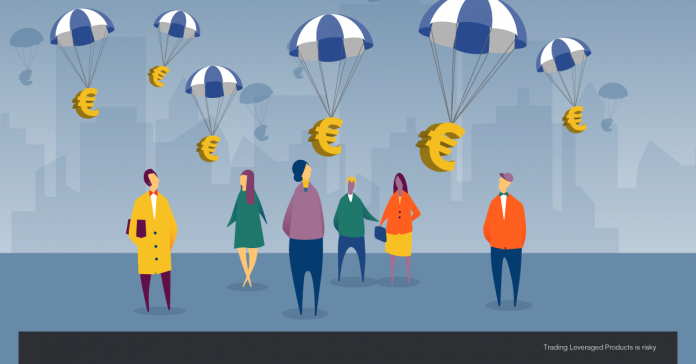In Europe the focus has switched from the ECB to the EU summit on the proposed EUR 750 bln pandemic recovery fund, which is tied in with the EU’s next 7-year budget. These won’t be easy talks and the first in-person summit since the lockdowns could well be extended into Sunday as leaders will be aware of the importance to come to at least a partial agreement.
EU summit starts
EU leaders are heading for an in-person meeting in Brussels today to tackle two big issues that will require a lot of give and take, with all countries fighting for their own interests in the talks on the proposed EUR750 bln pandemic recovery fund and the new 7-year budget– or in EU terms: the new multi-annual financial framework.
Lagarde yesterday stressed again the importance to come to a quick agreement but there is still resistance against the proposed format of the recovery program, which focuses mainly on grants rather than loans, and joint market financing, rather than monies provided through the budget. Dutch Prime Minister Rutte has been spearheading the resistance against that approach and while Lagarde said today that her “sense is that a very large number of leaders are aware of not wasting time”, it won’t be an easy discussion and talks could extend into Sunday if there is no breakthrough.
The risk is that the result will fall short of what markets are hoping for, but we agree with Lagarde that most leaders are aware that a joint response is necessary to bolster market and public confidence in the political framework of the EU.
ECB
Against that background the ECB continues to see the need for “ample monetary stimulus”. So wait and see, but with ongoing substantial support, and Lagarde during the presser confirmed that in the central scenario the bank will indeed use the full envelope provided by PEPP. Some council members had recently flagged the idea that with the recession not looking as bad as feared at some point the ECB may not need to use the full amount, but that clearly seems to be a minority view and Lagarde suggested that this would only become an option if there are substantial upside surprises to the growth outlook, which at the current juncture seems hard to imagine.
The next council meeting is not until in September and by then we may have a clearer picture on how economies are coping with the pandemic, which is unlikely to be over by then. Indeed, the real test will come later in the year, when cold weather and the start of the flu season join the ongoing threat from Covid-19. There may be hope that a functioning vaccine will be available by the end of the year, but that could well be too late, especially as it will take time to distribute it.
Even if there is no need for renewed widespread lockdowns the question is what will happen to trade and labour markets in the medium term.
The pandemic has put a stop to globalisation trends and not all companies will survive the transition and change that is likely laying ahead. Against that background the risk is that the end of government support and furlough schemes will lead to a substantial rise in toxic loans and a longer term deterioration of labour market conditions. So phasing out ECB support will be a difficult balancing act, but at the same time acting too late also risks an unsustainable credit and asset price bubble that will come back to haunt the ECB and the Eurozone.
Click here to access the Economic Calendar



















